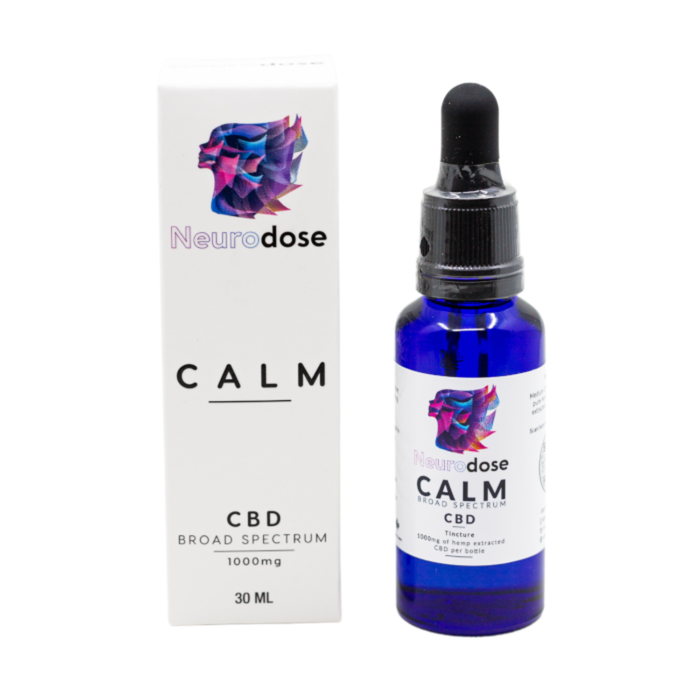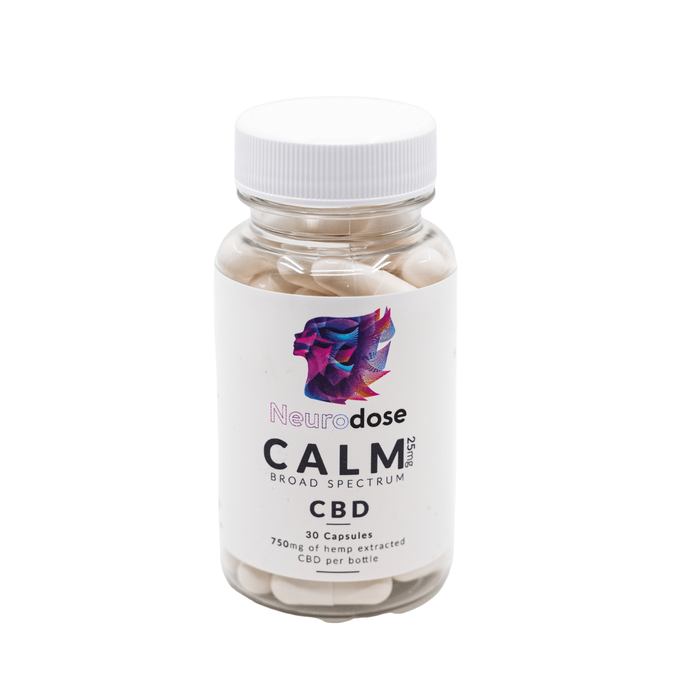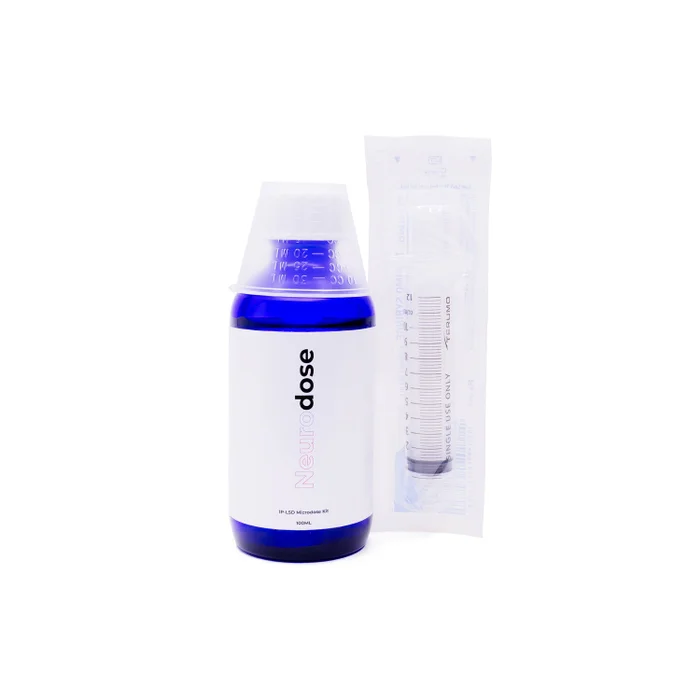- No Products In The Cart
- start shopping
Can Cannabis Help Asthma? Exploring the Potential Benefits and Risks

Can cannabis help asthma? If you’ve ever wondered about the potential benefits of cannabis in managing asthma symptoms, this guide is for you. We’ll delve into the topic, exploring the promising possibilities as well as the potential risks involved. Get ready to uncover the truth about cannabis and its potential role in asthma management.
Understanding Asthma
Before we explore the potential role of cannabis in asthma management, let’s first understand the condition itself. Asthma is a chronic inflammatory disease that affects the airways, leading to recurring episodes of wheezing, breathlessness, chest tightness, and coughing. These symptoms are caused by the narrowing of the airways and increased production of mucus, making it difficult for air to pass through.
The triggers for asthma attacks can vary from person to person and may include allergens such as dust mites, pollen, pet dander, as well as irritants like smoke and strong odors. Additionally, physical exertion, respiratory infections, and changes in weather can also provoke asthma symptoms.
While there is no cure for asthma, there are various treatment options available to manage the condition and control symptoms. Inhalers, which deliver bronchodilators to open up the airways, are commonly used for quick relief during asthma attacks. Long-term control medications, such as corticosteroids, help reduce inflammation in the airways and prevent future attacks.
The Components of Cannabis
Now that we have a basic understanding of asthma, let’s explore the components of cannabis and their potential therapeutic properties. Cannabis contains hundreds of chemical compounds, but two cannabinoids, in particular, have gained significant attention: tetrahydrocannabinol (THC) and cannabidiol (CBD).
THC is the psychoactive compound in cannabis responsible for the “high” sensation often associated with marijuana use. It has also shown potential bronchodilatory effects, meaning it may help relax and widen the airways, which could be beneficial for individuals with asthma. However, the psychoactive nature of THC raises concerns about its safety and potential side effects.
On the other hand, CBD, a non-psychoactive compound, has gained popularity for its potential anti-inflammatory properties. Inflammation plays a significant role in asthma, and CBD’s ability to reduce inflammation in various contexts has sparked interest in its potential therapeutic effects for asthma management.
It’s important to note that cannabis can be consumed through various methods, including smoking, vaping, oils, tinctures, and edibles. Each delivery method has its own set of advantages and disadvantages, and individuals considering cannabis for asthma management should carefully weigh these factors.
The Potential Benefits of Cannabis for Asthma
While research on the specific effects of cannabis on asthma is limited, some studies suggest potential benefits. For instance, a study published in the Journal of Pharmacology and Experimental Therapeutics found that THC exhibited bronchodilatory effects in an animal model of asthma. The researchers observed relaxation of the airway smooth muscles, leading to improved airflow.
Furthermore, CBD’s anti-inflammatory properties have been explored in various studies involving different inflammatory conditions. Although there is a lack of direct evidence on its effects on asthma, CBD’s potential to reduce inflammation holds promise for individuals with asthma.
Additionally, anecdotal evidence from some individuals with asthma who have incorporated cannabis into their treatment regimen suggests that it may help alleviate symptoms such as wheezing and shortness of breath. However, it is essential to approach such accounts with caution, as individual experiences can vary, and the placebo effect could also play a role.
The Risks and Considerations
While cannabis may hold potential benefits for asthma, it is crucial to consider the associated risks and limitations. First and foremost, smoking cannabis, whether through joints or pipes, can introduce respiratory irritants that may trigger asthma symptoms or worsen existing inflammation in the airways. Additionally, the combustion of cannabis releases harmful chemicals and tar, which can be detrimental to lung health.
Vaping, another popular method of cannabis consumption, also carries potential risks. Recent cases of lung injury associated with vaping have raised concerns about the safety of this delivery method. Although the specific causes of these lung injuries are still being investigated, it is crucial to exercise caution when considering vaping as an option.
Moreover, the legal status of cannabis varies across different jurisdictions. While it may be legal for medical or recreational use in some places, it remains illegal in others. It is essential to adhere to the laws and regulations of your specific location and consult with a healthcare professional before considering cannabis as part of your asthma management plan.
Research on Cannabis and Asthma
As interest in the potential benefits of cannabis for asthma management grows, researchers have conducted studies to explore the effects of cannabis on asthma symptoms and its potential therapeutic properties. While the research is still in its early stages, it provides valuable insights into the potential benefits of cannabis in asthma management.
Several studies have investigated the effects of cannabis on asthma symptoms and the underlying mechanisms involved. For example, a study published in the European Journal of Pharmacology examined the effects of THC on bronchial hyperresponsiveness, a characteristic feature of asthma. The researchers found that THC administration reduced bronchial hyperresponsiveness in an animal model, suggesting its potential bronchodilatory effects.
Another study, published in the journal Nature, explored the anti-inflammatory properties of cannabinoids, including CBD, in various inflammatory conditions. Although the study did not specifically focus on asthma, it highlighted the potential of cannabinoids to reduce inflammation in the body. Since inflammation plays a significant role in asthma, this finding suggests that cannabis may have therapeutic potential for asthma management.

Moreover, anecdotal evidence from individuals with asthma who have incorporated cannabis into their treatment regimen suggests potential benefits. Some individuals report experiencing reduced wheezing, improved breathing, and a decrease in the frequency and severity of asthma attacks after using cannabis. While anecdotal evidence should be interpreted with caution, these accounts provide valuable insights and can guide future research.
The potential benefits of cannabis for asthma management can be attributed to the various mechanisms of action exhibited by cannabinoids. THC, for instance, may help relax and widen the airways, allowing for improved airflow. This bronchodilatory effect can alleviate asthma symptoms such as wheezing and shortness of breath.
Furthermore, cannabinoids, particularly CBD, have demonstrated anti-inflammatory properties in multiple studies. Inflammation in the airways is a key factor contributing to asthma symptoms and exacerbations. By reducing inflammation, cannabinoids may help alleviate the underlying cause of asthma symptoms, providing relief to individuals with asthma.
While these findings are promising, it is important to note that more research is needed to fully understand the effects of cannabis on asthma and to establish evidence-based guidelines for its use. The current body of research is limited, and the studies conducted so far have mainly focused on animal models or have been based on small sample sizes.
Conclusion
While early studies suggest the potential benefits of cannabis, particularly its cannabinoids THC and CBD, for asthma management, further research is needed to fully understand its effects and establish evidence-based guidelines. It is crucial to approach the topic with caution, considering the risks associated with smoking or vaping, legal considerations, and the need for more extensive human studies. Individuals considering cannabis for asthma should consult with a knowledgeable healthcare professional and prioritize established asthma treatments. As research progresses, a clearer understanding of the role cannabis can play in asthma management may emerge.
FAQs

Is Steam good for asthma?
Steam can provide temporary relief for individuals with asthma by helping to loosen mucus and open up the airways. Breathing in moist air from a steamy shower or using a humidifier can help alleviate congestion and make it easier to breathe. However, it is important to note that steam alone is not a substitute for proper asthma management and prescribed treatments.
Is Coca Cola good for asthma?
There is no scientific evidence to suggest that Coca Cola has any beneficial effects on asthma. While some individuals claim that the caffeine or carbonation in Coca Cola can help relieve asthma symptoms, these claims are anecdotal and not supported by research. It is always best to rely on established asthma treatments and consult with a healthcare professional for proper management.
What is the best drink for asthma?
Water is the best drink for individuals with asthma. Staying hydrated helps keep the airways moist, making it easier to breathe. Additionally, warm fluids like herbal teas or warm water with a squeeze of lemon may provide soothing effects. However, it is important to note that beverages alone cannot substitute proper asthma management, which should include prescribed medications and a well-rounded treatment plan.
Which fruit reduces asthma?
While no single fruit can directly reduce asthma, a balanced diet rich in fruits and vegetables is beneficial for overall respiratory health. Fruits like apples, berries, and citrus fruits contain antioxidants and vitamins that support lung function. However, it is important to remember that asthma management involves a holistic approach, including proper medical care and adherence to prescribed treatments.
What naturally heals asthma?
Asthma cannot be completely cured, but it can be effectively managed. Several natural approaches can help support asthma management. These include maintaining a healthy lifestyle, avoiding asthma triggers, practicing good respiratory hygiene, engaging in regular exercise, managing stress levels, and ensuring a well-balanced diet. It is essential to work closely with healthcare professionals to develop an individualized treatment plan that combines natural approaches with prescribed medications for optimal asthma control.




